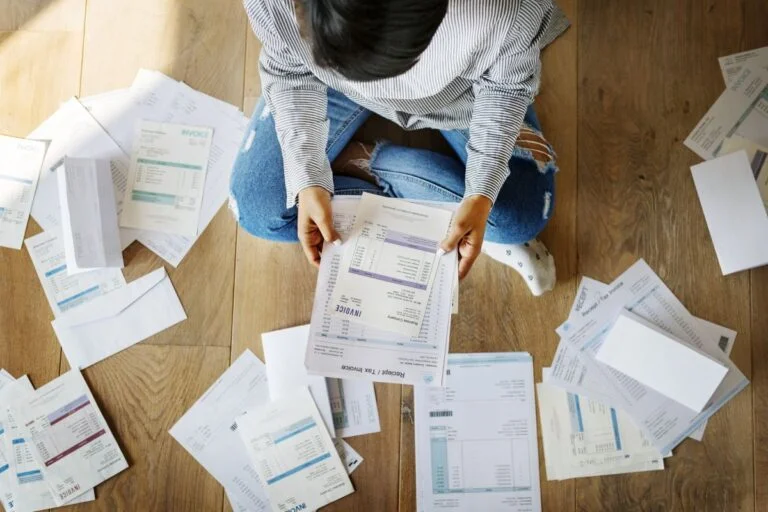As we enter tax season, Australians have been warned to keep an eye out for end-of-financial-year messages that don’t look quite right.
It may be a refund alert when you haven’t submitted any paperwork to the Australian Taxation Office (ATO), or it could be a threatening letter saying you have overdue debt.
These scams have been on the rise for the past couple of years, as fraudsters have found new ways to target Australians. The consequences have been devastating. Scamwatch data shows people lost more than $569 million last year. The true number is likely to be higher, as not everyone reports scams.
What to look for
The ATO has identified a few tactics scammers use, which the tax authority wouldn’t. These include:
- Messages with a link to payment services.
- Requests for personal information via text or email, such as asking for credit card numbers.
- Threats of immediate penalties, such as jail time.
- Social media activity from accounts that aren’t verified and have a small number of followers or posts.
Checking if it’s a scam
If you spot something that looks a little suspicious, but you’re not quite sure, you can call the ATO on 1800 008 540 and ask them if a message or call you received is real or fake.
If you have received a scam message, you can also forward emails to ReportScams@ato.gov.au and then delete them. Be careful not to click any links in the body of the email you’re forwarding.
Other tips from Scamwatch
In the current age of high scam activity, there are a few things we can all do to try to protect ourselves. Here’s some advice from Scamwatch:
- Be careful about the passwords you choose and change them regularly.
- Delete emails, messages or voicemails that sound suspicious immediately and don’t click any of the links.
- Keep your social media profiles secure. Sometimes scammers and hackers use social media to find out information about you that makes their contact attempts seem more legitimate.
- Warn your friends and family if you’ve come across scam messages. It can protect them from falling victim.
- Look out for recent scams by visiting the Scamwatch website.
If money has been taken from your account, make sure you tell your bank or financial institution. In some cases, they can stop the transaction, but that’s usually possible only when the accountholder acts quickly once they notice something’s not right.
